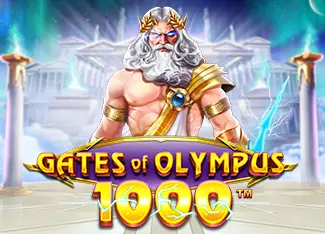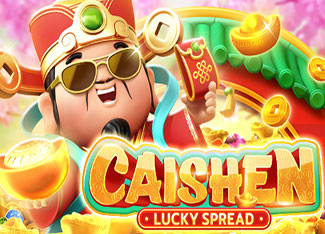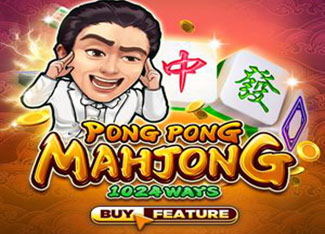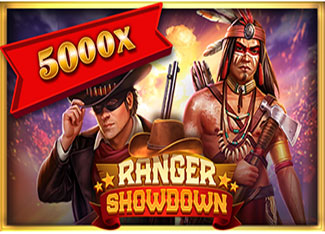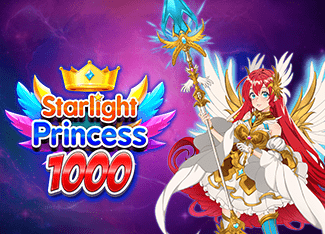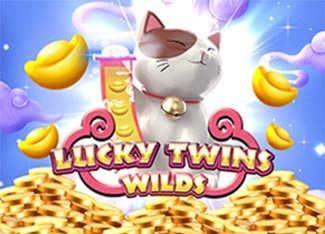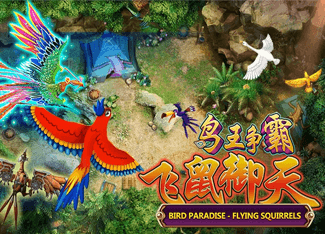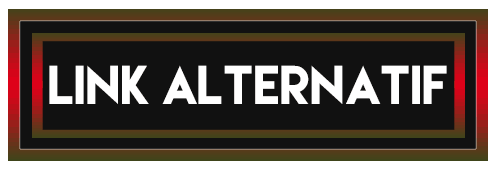











Paragon777 Sebagai BO Gacor Server Luar Link Alternatif 2024 Nomor 1 Di Indonesia
Paragon777 ialah sebuah situs penyuplai bo gacor server luar nomor 1 di indonesia yang sangat gampang mendapatkan uang asli untuk beberapa member setia kami. Kamu baru tempo hari yang berminat untuk bermain games dengan kekuatan pendapatan yang prospektif, di sini ialah tempat terbaik. Kami suguhkan dan menawarkan beragam macam permainan online hebat yang dapat mendapatkan uang.
Mendapatkan uang asli dari games tentu saja menjadi di salah satunya hoby yang menggembirakan. Beberapa pemain inginkan agar dapat raih keuntungan keuangan cuma secara bermain permainan online. Tentu saja semua itu akan diwujudkan bila dapat pilih situs penyuplai games terpercaya dan terbaik dan di sini Paragon777 ialah opsi terbaik.
Games Online Uang Asli Trend Hari Ini
Salah satunya trend pada dunia permainan online yang cukup terkenal banyak disukai oleh beberapa pemain ialah opsi permainan yang dapat mendapatkan uang. Maknanya permainan online pemroduksi uang menjadi opsi yang cukup viral, terkenal dan banyak pecinta dan pemakainya.
Dengan bermain permainan permainan online pemroduksi uang, karena itu kekuatan untuk kita dapat mendapatkan uang dengan keseluruhnya bermain games benar-benar gampang didapat. Apalagi memang opsi games itu sekarang ini banyak tersedia, dan bebas untuk kita tentukan permainan mana saja.
Daftar Games Online Yang Dapat Menghasilkan Uang Terkenal Saat Ini
Sekarang ini sebenarnya ada banyak opsi permainan online yang dipercayai dapat mendapatkan uang dan pemain dapat pilih dan mainkan opsi permainan mana saja. Pemilihan games slot gacor online pemroduksi uang ini menjadi salah satunya jalan keluar untuk pemain dapat hanya cuma secara bermain permainan online. Berikut diantaranya;
- Slot online - slot ialah kompilasi games yang cukup hebat buat dimainkan karena bisa kita mainkan dengan secara gampang dan mudah.
- Live kasino - seterusnya ada pula permainan Kasino Online versus streaming yang sekarang ini banyak tersedia koleksinya seperti Black Jack, roulette dan yang lain.
- Lotere - lotere atau togel adalah opsi games hebat dapat dicicipi oleh beberapa pencinta taruhan di Indonesia sekarang ini dengan ketentuan bermain yang mudah.
- Arcade - arcade adalah opsi games taruhan hebat yang lain yang dapat coba dimainkan sama beberapa pemain di Indonesia.
Sejumlah kumpulan game online terkenal di atas ialah opsi hebat yang dapat dicicipi dan dimainkan sama beberapa gamer di Indonesia sekarang ini.
Situs Penyuplai Games Server Luar Negeri Paling dipercaya
Dalam usaha cari peluang bermain games untuk memperoleh Cuan pendapatan, pastikan mencari dan dapatkan situs penyuplai permainan online paling dipercaya. Paragon777 ialah referensi opsi situs penyuplai permainan online terkomplet dan paling besar di Indonesia sekarang ini. Ini ialah opsi website yang sah dan paling dipercaya dipantau oleh beragam instansi seperti PAGCOR dan banyak lagi yang lain. Semua software yang dihidangkan ditanggung 100% aman dan fair-play bebas dari manipulasi.
Situs Games Online Terbaik 100% Pasti Bayar
Paragon 777 adalah situs penyuplai permainan online terbaik di Indonesia secara beragam agunan yang oke diberi untuk beberapa anggotanya. Salah satunya ialah agunan pembayaran 100% dari tiap kemenangan didapatnya. Pembayaran dapat dilaksanakan oleh pemain dengan proses withdraw dengan proses yang gampang dan mudah dan cepat kurang dari 5 menit.

























